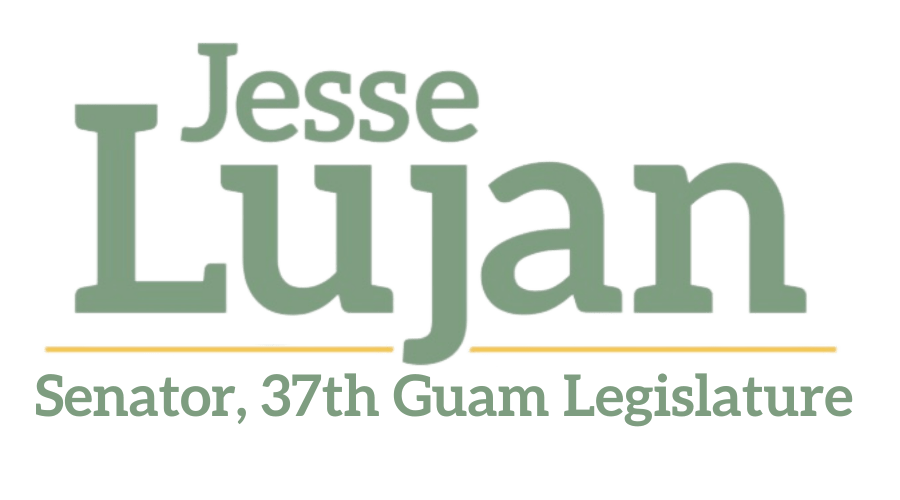Business Privilege Tax rollback legislation has resurfaced in the 37th Guam Legislature.
Bill 3-37, from Sen. Jesse Lujan, would set the BPT back down to 4% from the current 5%, except that an existing lower tax rate for certain small businesses is maintained.
Lawmakers passed legislation last term that expanded the threshold for small businesses to be taxed at just 3%. With the enactment of that law, about 90% of small businesses on island should now be taxed at the 3% BPT rate, according to multiple officials, including Speaker Therese Terlaje.
Action PAC, a political action committee founded by business community members in late 2020, had set the immediate rollback of the BPT as one of its platform initiatives. The group polled senatorial candidates for their positions on those initiatives. Only 17 candidates at the time responded, including now-Sens. Roy Quinata, Dwayne San Nicolas, Joe San Agustin, Telo Taitague, Chris Duenas and Lujan.
Out of those lawmakers, just two, Quinata and San Agustin, the latter who retained chairmanship of the legislative appropriations committee, stated they did not support immediate rollback.
Lujan is a member of the Republican minority, and the BPT rollback is one of the key proposals that the minority committed to revisiting this term.
Bill 3 is only the latest attempt in a string of efforts aimed at reducing the overall tax rate, which was raised to 5% in 2018 to replace revenue lost due to the impact of Trump-era tax cuts on Guam.
It also comes as the government of Guam is in the early stages of developing funding proposals for budget talks later this year.
Gov. Lou Leon Guerrero has preferred to maintain the BPT at 5%. However, in February 2022, during a discussion on expanding the 3% BPT threshold, Bureau of Budget and Management Research Director Lester Carlson told lawmakers that the governor “is receptive” to a rate reduction if there is a replacement revenue source. Financial officials in the government have estimated 1 percentage point of the BPT nets about $60 million in taxes every year.
During their first joint press conference discussing the legislative term, the six members of the Republican minority were asked what budget cuts would be made in order to afford a BPT reduction.
Taitague, at the time, invoked a new source of revenue, federal funds, to pay for local residents’ Earned Income Tax Credits, as an offset to any cuts needed in local spending attributed to lowering the BPT.
“The (Earned Income Tax Credit) – that was $55 million that the government (of Guam) had to take out of the general fund. We now have that $55 million – we don’t have to pay out anymore. If you’re talking about the $60 million that has to be taken out if BPT is (reduced), … we have assistance there,” Taitague said.
Restoring the BPT to its past 4% rate was part of a policy agenda unveiled by the caucus late last month. Republican senators also expressed their desire to reform laws on education, public safety and environmental protections during their press conference.
There have been discussions on implementing a sales tax as a potential replacement or augment to the BPT, as the former could also capture tax on online consumer purchases.
The BPT increase in 2018 was first intended to be temporary, with a 2% sales tax to take effect after the BPT increase expired. But the sales tax was later repealed and the BPT hike made permanent.
The rollback isn’t the only BPT-related legislation that Lujan is proposing, however.
He also introduced Bill 4-37, which would suspend the BPT on food and medicine for 12 months.
The measure states that the cost of living on Guam has increased due to the COVID-19 pandemic, inflation, and a slow economic recovery. Suspending the BPT on food and medicine, which is defined as nonprescription drugs, will assist residents experiencing financial hardship, the bill stated.
By: John O’Connor
Source: The Guam Daily Post
